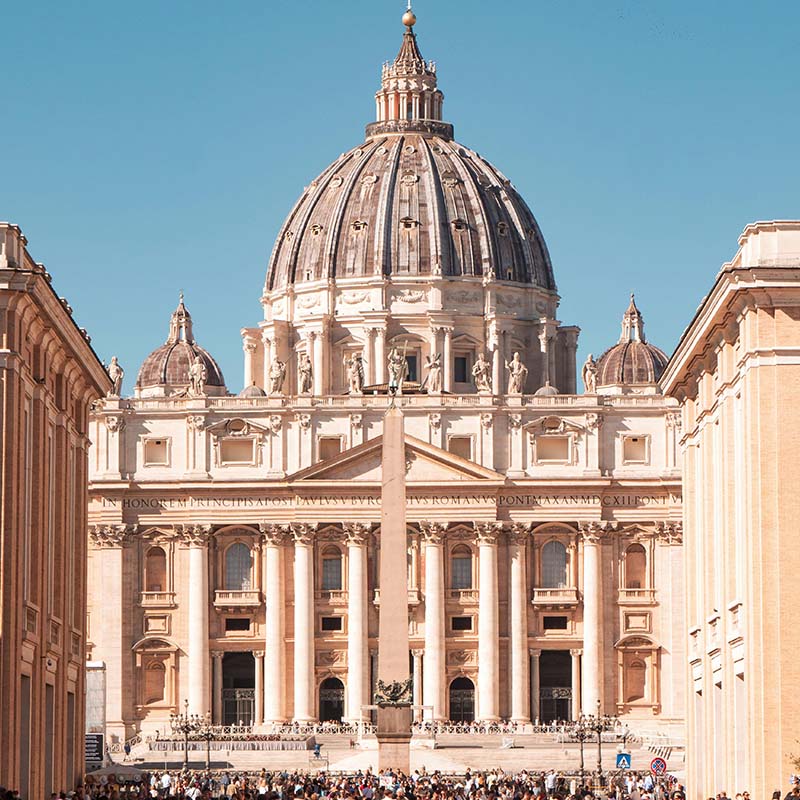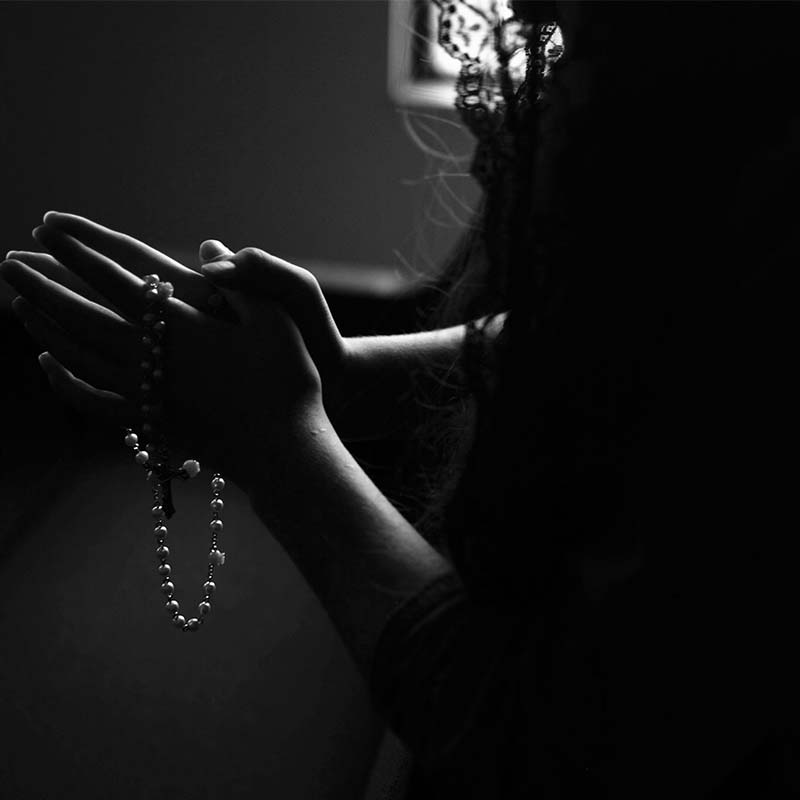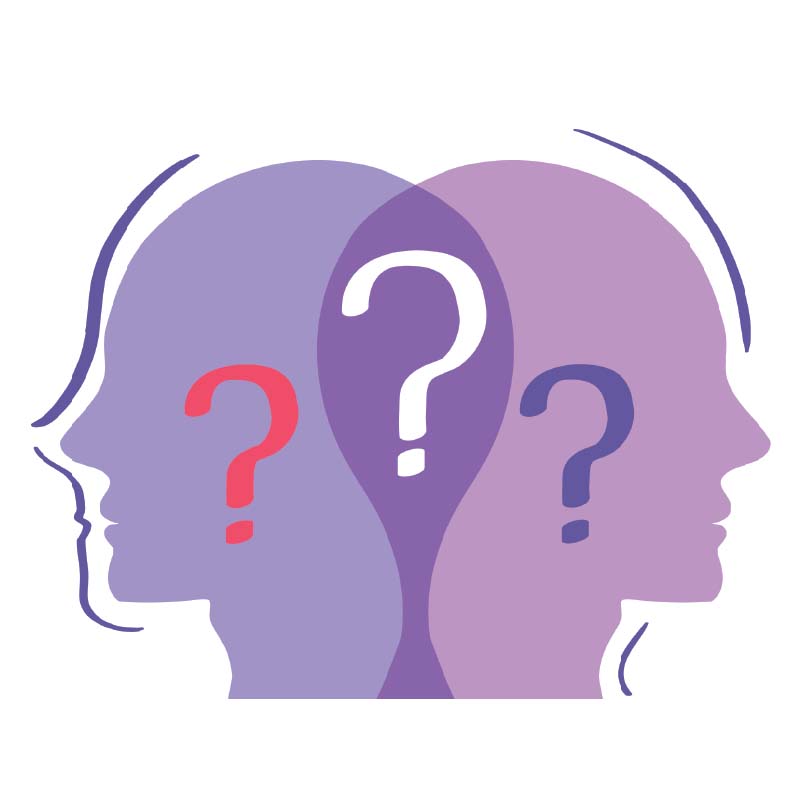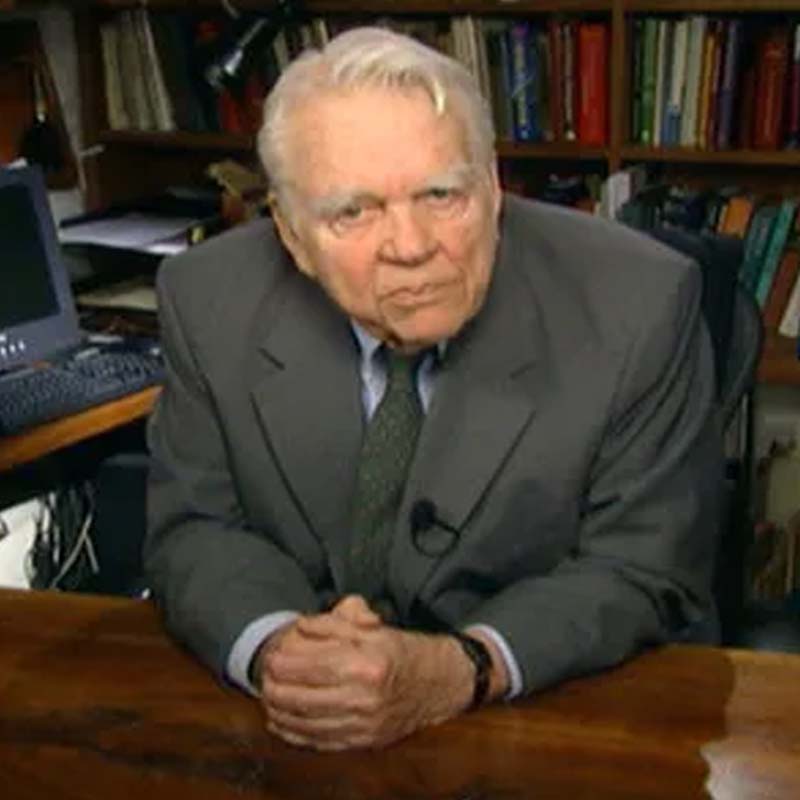
One evening several years ago, my wife was having severe abdominal pains. She wanted to wait and see if it improved overnight. I insisted on taking her to the emergency room. She was admitted immediately and subsequently underwent surgery to remove a section of her colon due to advanced diverticulitis. We were both reminded that night that we ignore pain to our own peril.
In a recent sermon referring to signs that frequent our summer highways during construction season, our pastor put it this way: “Temporary inconvenience; permanent improvement.” If we pay attention to the signs of pain when they manifest – physically, emotionally, psychologically, spiritually – we can travel the road to healing and restoration. Can pain then actually be a gift?
Philip Yancey thinks so. In his book, Where Is God When It Hurts?, Yancey describes pain as “the gift that no one wants.” He credits Dr. Paul Brand with this revelation after visiting his leprosarium in Carville, Louisiana, where his research demonstrated that leprosy is primarily a defective pain system. The disease anesthetizes the pain cells in the hands, feet, nose, ears, and eyes to produce a numbness which essentially shuts down this God-given warning system in our bodies. Without the sensation of pain, sufferers unwittingly develop blisters, ulcers, and infections in their extremities that ultimately lead to loss of body parts. Pain is the only means to be alerted that something is wrong and needs to be addressed.
Make It Stop
In my role as a professional counselor, I encounter many clients who are suffering emotionally and psychologically and just want the pain to go away. And to be honest, the therapeutic world has often touted that as its primary goal with the implication that a healthy mature adult is free of distress, depression, and anxiety. I tell my clients something they find hard to hear: you need to pay attention to the pain to get better. It’s a warning system that has an important message. If you don’t listen to it and try to understand it, you will inevitably harm yourself further.
Instead we tend to ignore pain or deny how it’s affecting us. Numb it with drugs and alcohol, or addictions to things like food, sex, or gambling. Rant about how unfair it is. Look for ways to retaliate against those who have hurt us. Resort to blaming others. Or turn our anger towards God.
How could a loving God allow this? Ever had that question posed to you by a friend or family member who is suffering? Did you struggle for words? Did your response seem hollow? Maybe you’ve asked the very same question yourself. More than once. It is not hard to imagine it being shouted or cried or groaned whenever someone is faced with unexpected suffering, loss, or death. A child with a terminal disease. A teenager who is paralyzed in an accident caused by a drunk driver. The murder of George Floyd. And now a refrain being repeated daily in every country in every language as COVID-19 continues its frenzied flight around the globe. Can such a ubiquitous question ever really have a satisfactory answer?
Is God Listening?
Some point to the evil of suffering in the world as “proof” that there is no God; or that his “silence” on the matter is evidence that he doesn’t care to intervene.
Fr. Raniero Cantalamessa is a Franciscan priest who has served as the preacher to the papal household since 1980. In 2003, using an analogy that now seems prescient, he acknowledged that “resentment against God has spread like a contagion among us on a global scale. No longer because of the law that God imposes, but because of the suffering that God allows.”
Commenting recently on the scourge of the pandemic Fr. Raniero stated, “We do not praise God for the evil that brings the whole of humanity to its knees; we praise Him because we are sure that He will be able to draw good out of that very evil, for us and for the world.” A clear reference to the passage from Romans 8: 28 : “We know that God makes all things work together for the good of those who have been called according to his decree.” And that’s where faith comes in. It surely takes a decision in faith to trust a God we cannot see when surrounded by troubles that we see only too clearly.
I’m falling apart, I’m barely breathing
With a broken heart that’s still beating
In the pain there is healing
In your name I find meaning
from the song, Broken, by LIfehouse
And I must reluctantly admit, the times in my life when I have grown the most are the times I persevered through various kinds of suffering. My bout with bladder cancer and its recurrences; my job loss while still raising a family; even my expulsion from my high school seminary. Each carried with it a pain that I eventually embraced. Only now in 2020 am I able to see with 20/20 that these “gifts” made me a better person. Like a great tapestry, while we see only the back side that looks like a mess of knotted thread, God is weaving a beautiful image on the other side.
No Pain, No Gain
The words of a Bible college president come to mind: Don’t Waste Your Sorrows. In his 1977 book with that title Paul E. Billheimer asserts that “tribulation is necessary for the decentralization of self and the development of deep dimensions” of divine love that “can be developed only in the school of suffering.” He’s talking about the tolerance of pain in pursuit of a loftier goal – the proverbial “no pain, no gain.”
How many would like to enroll in the school of suffering? No? There’s no waiting list. The benefits outweigh the costs. Still no? Rest assured you’re in good company. Pain avoidance is an unavoidable part of the human condition.
And that may be the reason we still question a loving God that allows suffering. But if you’re like me, and listen for an answer, you may have heard God’s words in these passages.
Job 38: 3-4. I will question you, and you tell me the answers! Where were you when I founded the earth? Tell me if you have understanding. (NAB)
Isaiah 40:13-14. Who has directed the spirit of the Lord, or has instructed him as his counselor? Whom did he consult to gain knowledge? Who taught him the path of judgment, or showed him the way of understanding? (NAB)
Rom. 11:33-34. “How deep are the riches and the wisdom and the knowledge of God! How inscrutable his judgments, how unsearchable his ways! For ‘who has known the mind of the Lord? Or who has been his counselor?” (NAB)
Proverbs 3: 5. Trust in the Lord with all your heart, and do not rely on your own insight. (NRSV)
Having been gently reproved, I’m satisfied with this conclusion: a loving God originally created a universe of beauty, order, and harmony. We (through our first parents) broke it in a desire to take God’s place, and opened the door to suffering, loss, and death. The rest of salvation history is God’s rescue operation: one that reveals a God who was willing to sacrifice his own Son to save us from eternal suffering, loss, and death. That’s a love I can trust – without knowing all the answers.
















